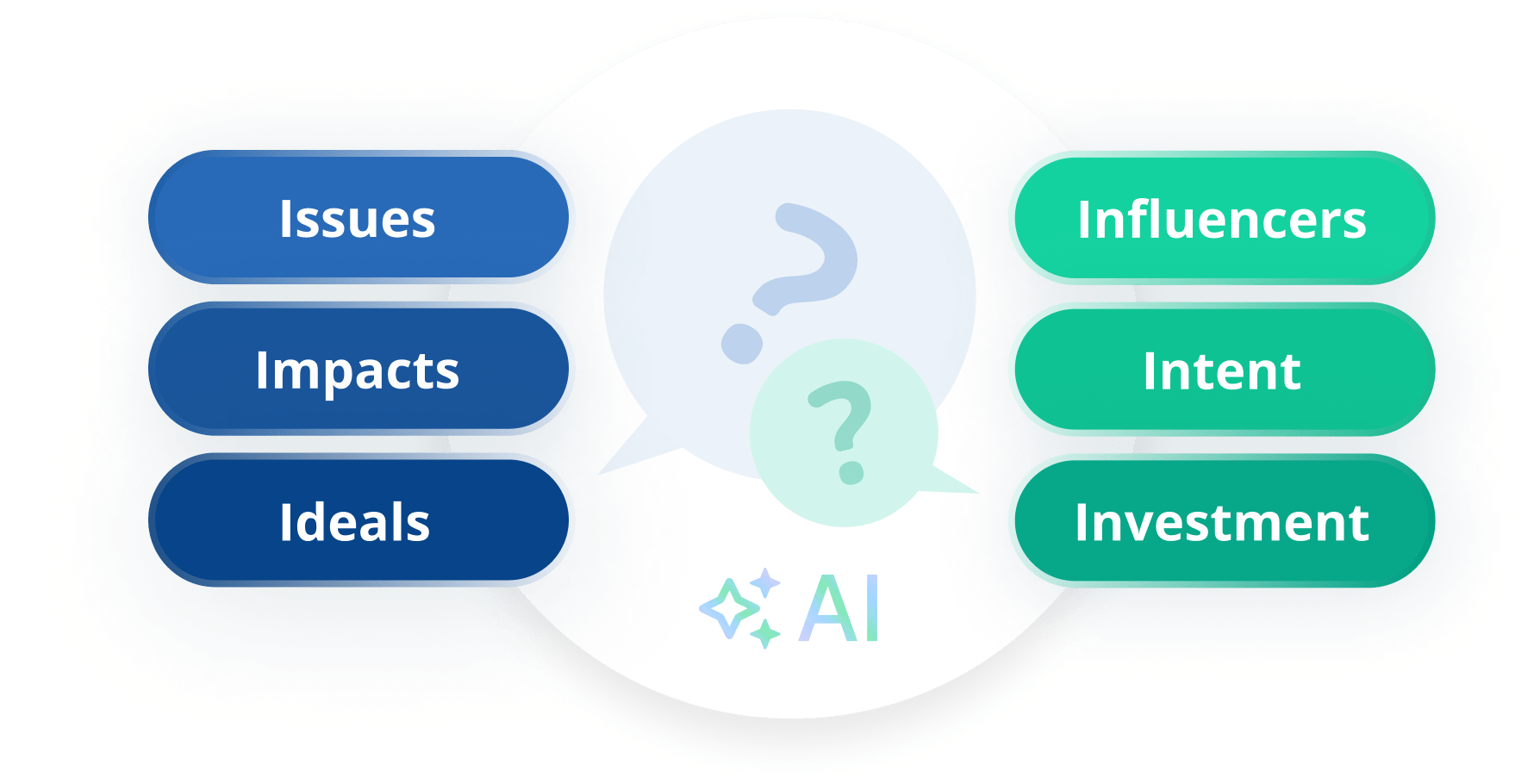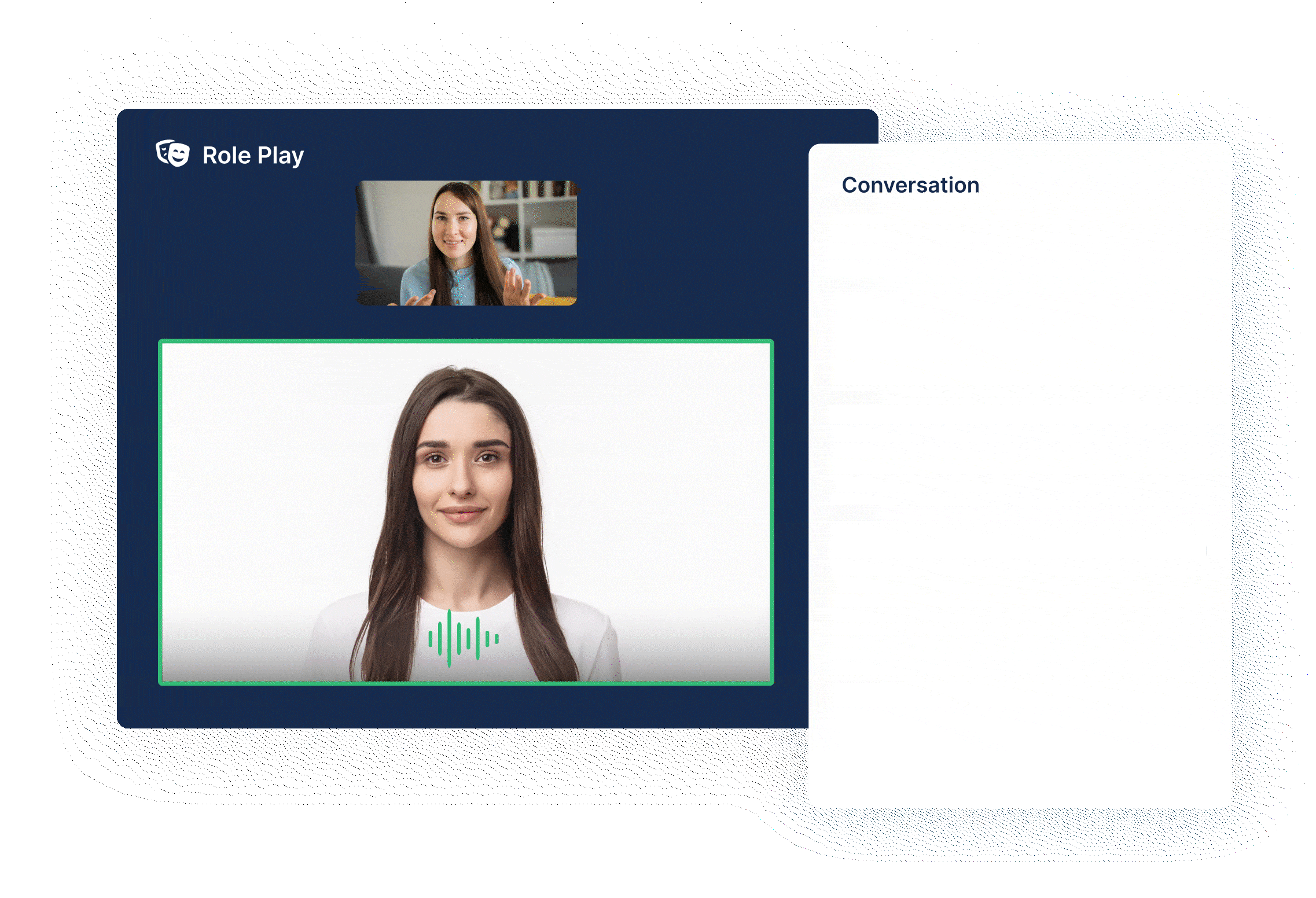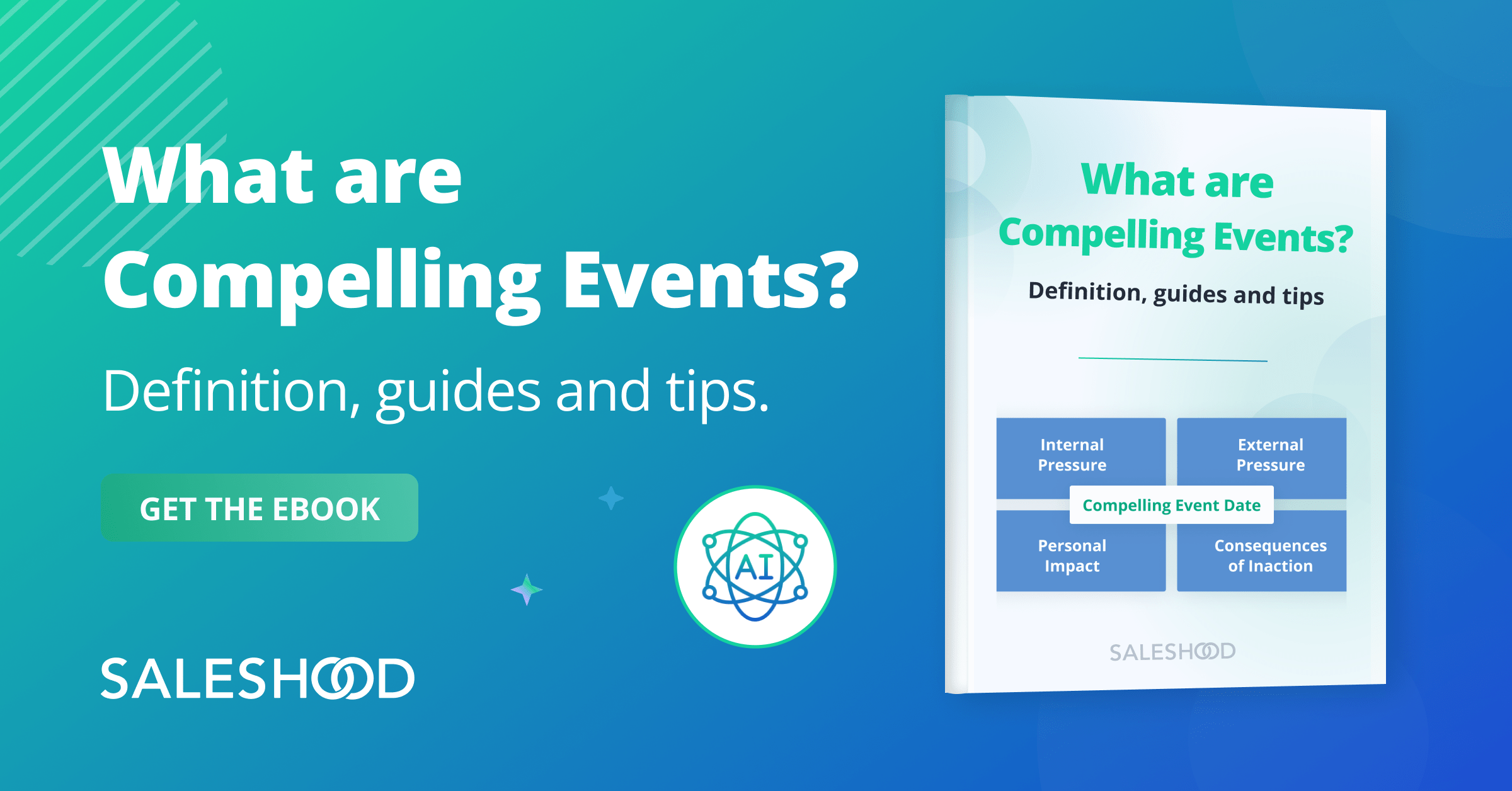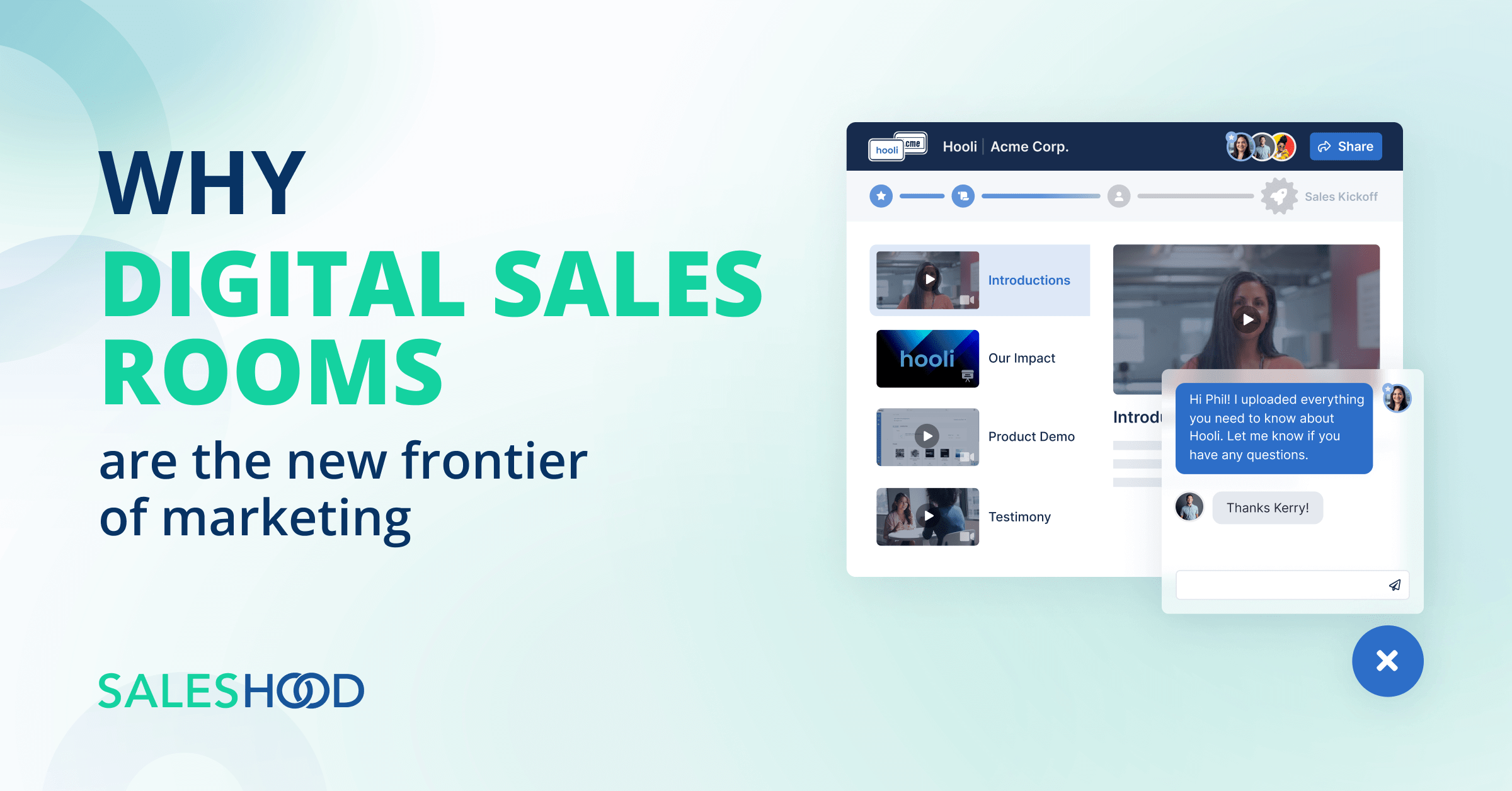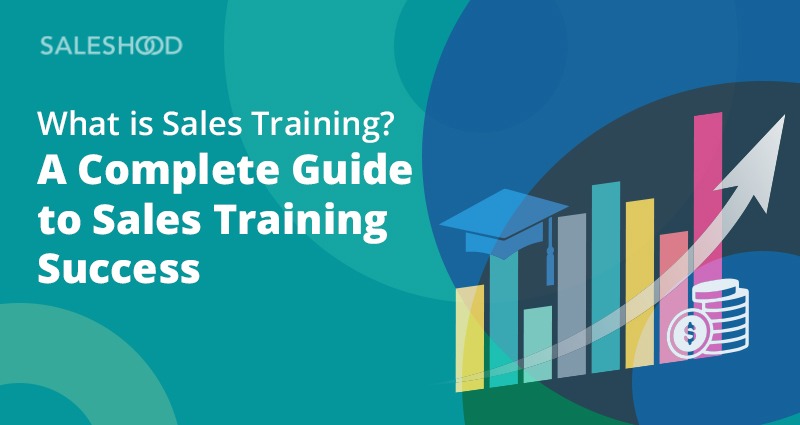The bridge between a missed opportunity and a closed deal often depends on the quality of conversations. At the core of these interactions is the art of asking questions. How we engage and how we show curiosity can make all the difference. In this post, you’ll learn how your sales and customer success teams can build rapport and ask questions to win more deals. Learn about:
- The power of open-ended questions
- Essential questions for better understanding
- Bad question-asking habits
- Tips for cultivating curiosity
Understanding the Power of Open-ended Questions
Open-ended questions are designed to inspire useful responses, which are particularly important for sales. Consider the difference between “Did you like our product demo?” versus “What were your thoughts on our product demo?” The former might get you a nod. The latter opens the door to feedback, insights, and more discussion. Stay away from yes or no questions.
You can use different types of open-ended questions, depending on the conversation you’re having and the stage that your prospect or customer is in. Not sure where to start? Take a look at these examples.
First questions
These set the tone for the conversation. “How did you become interested in our company/product/service?” is a question that will give you insight into where your prospect is right now and what their thought process looks like.
Tell me more questions
These deepen the dialogue. If a prospect mentions a specific goal and you want more details about how your product can help, you might say: “Can you elaborate on that point?”
Example questions
You may find that a prospect talks about a problem they experience or something they’re concerned about. If you ask, “Can you share details about a time when you faced this issue?”, you have the potential to better understand the impact your solution can have.
Impact questions
Once you understand the potential impact of your solution, you can use smart questions to help your prospect see the possibilities. For example, “How would resolving this challenge impact your operations?” will get their wheels turning about how the solution fits in.
More Essential Questions for Better Understanding
When it comes to a customer’s motivations, priorities, and pain points, understanding the “why” is sometimes more crucial than the “what.” When completing sales training, your team should learn to listen for opportunities to interject with questions that make it possible to get to the why.
You may consider asking questions like:
- Why is this important now? This helps you understand urgency.
- What’s changed? This helps you tap into more aspects of their needs.
- What do you mean? This makes it easier to gain clarity.
- Why do you think? This encourages introspection and reasoning.
When sales and marketing alignment happens and everyone knows the value of these questions, the business can grow more quickly and sustainably. Learn more about achieving alignment in this blog post.
5 Bad Question-Asking Habits (+ How to fix them)
There are many good questions you can ask, but it’s just as important to be aware of the pitfalls to avoid. Here are some lines of questioning to steer clear of:
Uninformed questions: Questions like “What does your company do?” show a lack of preparation. Always research before a conversation to show you value their time and business.
Leading questions: Asking “Aren’t you tired of your current provider’s limitations?” might resonate with a prospect’s frustrations, but it can also paint your organization in a bad light. Instead, ask where the gaps or issues might be with their existing solutions.
Personal questions: Building rapport is important, but opening by asking something like, “How many kids do you have?” crosses a boundary. Stick to understanding their professional challenges and needs and allow them to offer up personal details if they choose to.
Assumptive questions: Saying “Since you’re the decision-maker, can we proceed with getting a contract together?” makes an unwarranted assumption. Try asking about their decision-making process instead.
Extremely technical questions: Overwhelming prospects or customers with jargon rarely ends well. Start by using accessible terms and concepts. Reps that achieve 120% of quota discuss features and technical topics 39% less than their quota-missing teammates. So only go into the weeds during the conversation if it becomes clear that the person you’re engaging with wants to do so.
Remember to strike a balance between showing your expertise and giving the customer or prospect room to share. Refining your question-asking skills can make the difference between a missed opportunity and a long-term client relationship.
There Is Such a Thing as Bad Questions
Asking the wrong questions and even asking questions at the wrong time in sales will shut down conversations before they even start. Here are some common pitfalls to watch out for:
❌ Closed-Ended Questions: These limit engagement and don’t encourage dialogue.
👉 “Do you want to buy this?”
👉 “Is this something you’re interested in?”
❌ Leading Questions: Sound manipulative and push buyers in a direction they may not trust.
👉 “Wouldn’t you agree this is a fantastic deal?”
👉 “You do want the best, right?”
❌ Personal Questions: Overstepping boundaries can make prospects uncomfortable.
👉 “How much do you make in a year?”
👉 “Are you married? How many kids do you have?”
❌ Assumptive Questions: Assuming too much can alienate buyers.
👉 “Since you’re the decision-maker, can we proceed?”
👉 “I assume you’re ready to buy now?”
❌ Rapid-Fire Questions: Too many at once can overwhelm.
👉 “What’s your budget? When do you need it? Who else is involved? Can you commit today?”
❌ Uninformed Questions: Lack of research makes you look unprepared.
👉 “So, what does your company do?”
🔻 Other Ineffective Questions:
➡️ “Does that make sense?”
➡️ “Do you know what I mean?”
➡️ “What keeps you up at night?”
➡️ “If you had a magic wand, what would…?”
➡️ “Is now a bad time?”
➡️ “Wanna see a demo?”
➡️ “Are you the decision-maker?”
➡️ “Tell me about your company.”
➡️ “Any questions?”
Simple Tips for Cultivating Curiosity
Genuine curiosity is what empowers you to ask great questions. These tips will help you showcase your interest and connect with customers or prospects.
Keep It Conversational
Knowing the types of questions you want to ask is a good first step, but remember that you’re having a conversation with your prospect or customer. Chat in a way that flows naturally, so the person on the other end feels comfortable, valued, and understood.
Active Listening
As you listen, take note of both verbal cues and non-verbal signals. This ensures your follow-up questions are relevant and impactful.
Continuous Learning
Beyond just understanding your product and industry, invest in improving communication skills, boosting your emotional intelligence, and keeping up with sales best practices. That will make the questions you ask even stronger.
Sharpen Your Questioning Skills with SalesHood’s AI Coach
Mastering the art of asking impactful questions takes practice—but not just any practice. SalesHood’s AI Role-Play provides an interactive, intelligent role-playing experience, helping sales reps refine their questioning techniques in a realistic, risk-free environment.
With AI-powered role play, reps can:
Engage in lifelike sales conversations – AI simulates buyers with different personas, objections, and needs, so reps can practice dynamic questioning strategies.
Receive real-time coaching – Instant AI feedback evaluates question quality, guiding reps to ask more insightful, open-ended questions that drive deeper discovery.
Uncover coaching opportunities – Sales managers gain visibility into rep performance, identifying areas where questioning skills can improve.
Build confidence and consistency – Reps develop stronger habits by repeatedly practicing and refining their approach.
With SalesHood’s AI Role Play, your team can transform good conversations into great ones—leading to stronger buyer engagement, better discovery, and faster deal cycles.
It’s Time For Your Team To Start Asking Better Questions
Using the advice will help you ask the right questions and get answers that help with pipeline progress. By avoiding common pitfalls and focusing on open-ended, customer-centric questions, you can align yourself with your prospect or customers’ goals faster. All to close more deals and build relationships that turn customers into brand advocates.
If you want more support to help you improve your sales process, talk to one of our sales enablement experts. SalesHood powers fast-growing companies with our purpose-built, all-in-one sales enablement platform by activating revenue teams to improve sales effectiveness and efficiency.
